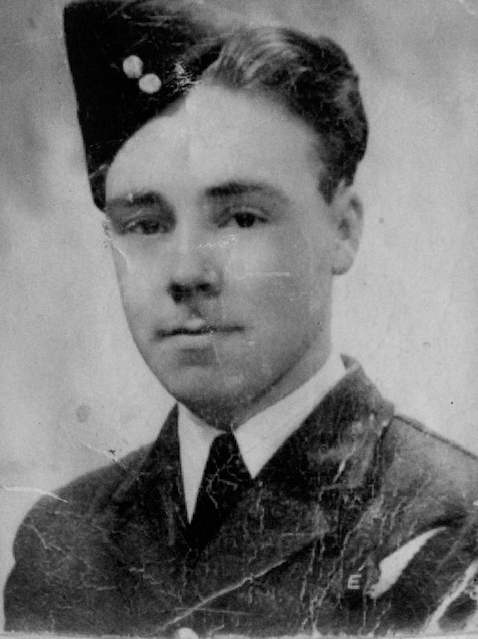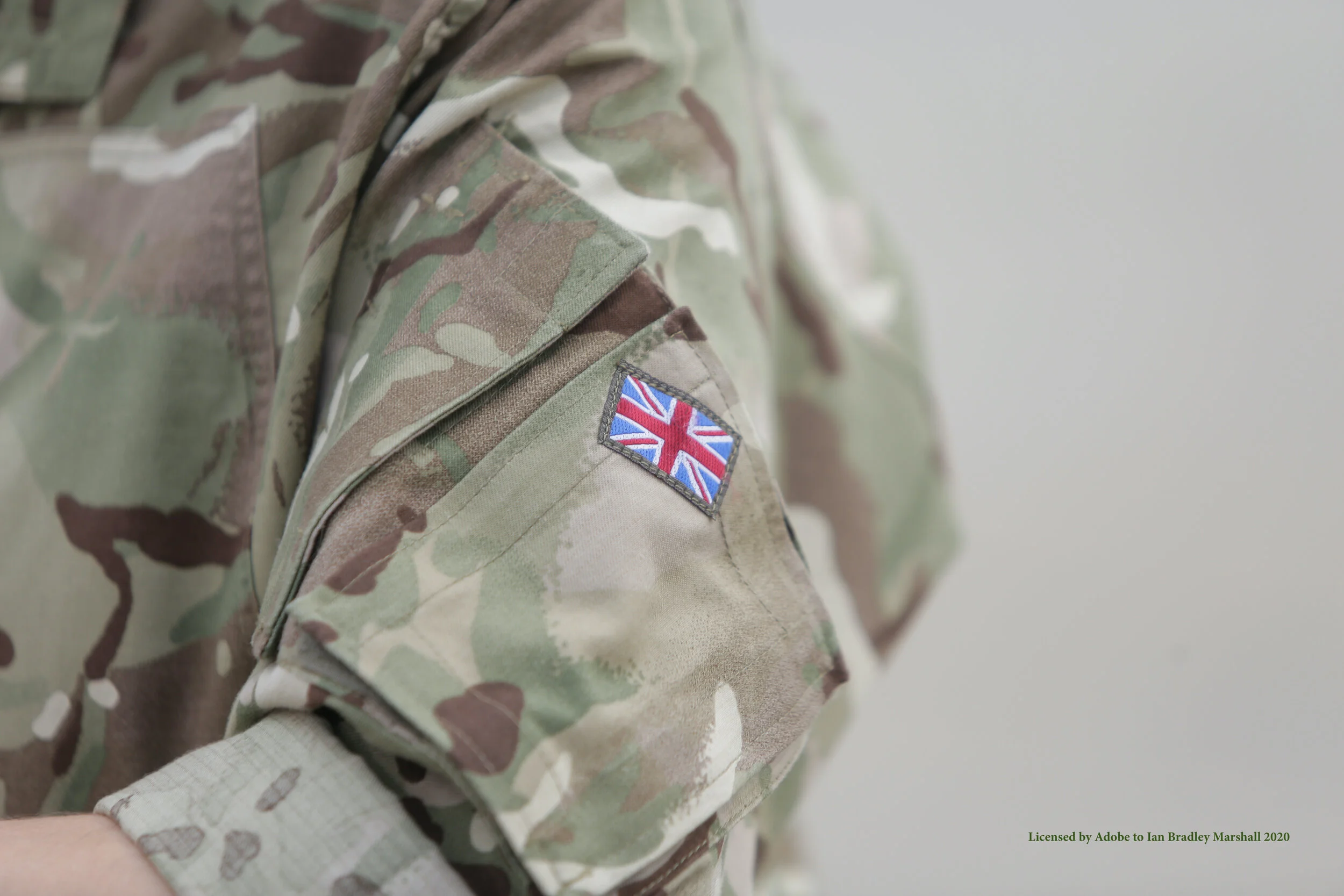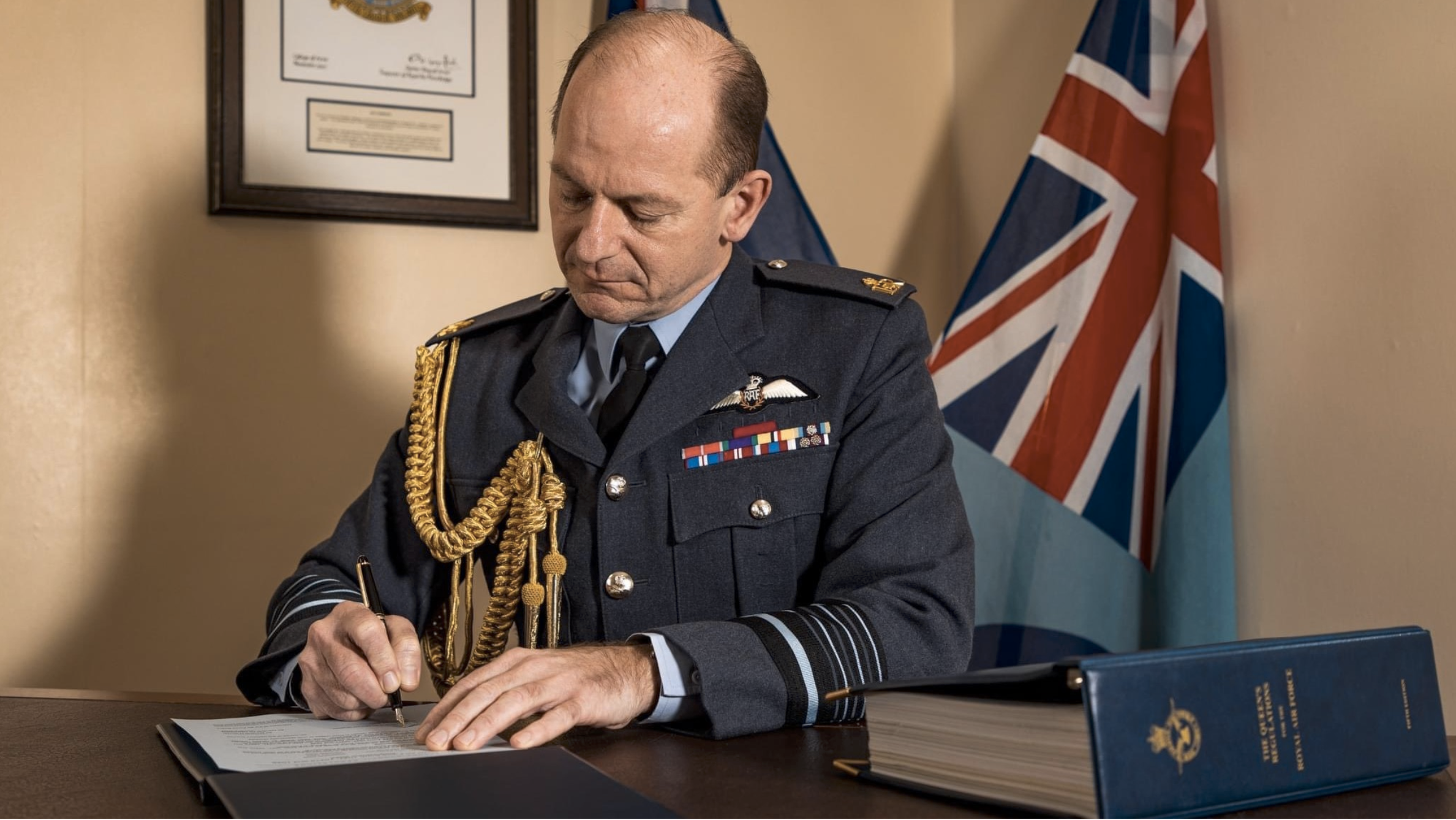Engineering is the Heart Beat of Civilisation

DIARY
Engineering is the Heart Beat of Civilisation
On the Ground, In the Air, Beneath the Waves, In Outer Space
I
FROM humankind's first fashioning of a bludgeon, engineering has been the means of our survival as a species.
The Collins Dictionary defines engineering as the work involved in designing and constructing engines and machinery, or structures such as roads and bridges.
An engineer is defined as a person who has scientific training and who designs and builds complicated products, machines, systems or structures.
An engineer is also a person who runs or is in charge of, the engine or engines in an aeroplane, a ship, a submarine, a motor car, or any form of vehicle transport. In this regard, I admit mention of the aeroplane was a warm moment, as my uncle, Harry Marshall, was the Flight Engineer on a Royal Air Force PFF Avro Lancaster [i].
The engineer’s platform might be static or movable. It might be on the ground, in the air, or below the waves.
It is all of that mobility and sophistication in outer space. The engineer might be in a space station, or conversely, seated at a Console in NASA. [ii]
Everything we rely upon deduces to engineering.
This page is, thus, a celebration of men and women as engineers. It reaches back to what we call, without knowing precisely when that moment is, "the dawn of time”.
II
When we take even a casual glance around the room we’re now sitting in, we come face to face with the engineering mind. It can be the most sophisticated, or it can, say, be the small and seemingly insignificant clothes peg: two pieces of wood shaped to sit together into a taper, but then two single grooves carved out on each, into which the engineer’s mind has deftly placed a coiled spring so that these two pieces of wood are now clamps which hold securely in place our clothes on the washing line. Consider how often that very same simple principle, the clamping principle, is used in the most sophisticated engineering at every level and without exception.
III
Engineering introduces us to the wondrous complexity of the human mind. And the human mind does not hold sole rights to engineering.
As we watch, observe and note every other kingdom of living being within what we can embrace in that beautiful and revelatory term Nature, we see the same level and sophistication of engineering.
Engineering is mind-blowing and infinitesimal in its outreach. It gives us the tiniest glimpse of the complexity of the brain of every living species.
IV
We speak today of cutting-edge technology.
As I look through family archive letters, it becomes very apparent that the wartime years, likewise, had this cutting-edge technology.
As I gaze further back, reading histories - both across the board as well as within family archives - in every century, there is this phenomenon, always present, cutting-edge.
Our ancestors might have used different expressions but they meant the same as we do today:
‘We’re at the very edge of technology and sophistication. Those who have gone before have no concept of what we have now … before … before … before … ad infinitum.’
V
I love ‘trains, boats, planes and spaceships’, the ‘in-phrase’ in my teens in the 1960s. I gazed, stupefied, at the Apollo Moon landings. I was equally in awe of Concorde. Rightly so. I find the same, now, when our Royal Air Force Voyager KC.Mk 2 or Mk 3 ‘heavies’ fly overhead from RAF Brize Norton, a ten-minute tootle from where I am in Gloucestershire, as the crow flies, 20 minutes if in Liverpool.
Then I recall our ships calling in at Pier Head, Liverpool, and that amazing sense of pride as I gazed from the lounge to the Royal Navy’s billowing White Ensign. All that incredible engineering, that ingenuity. That gazing then suggests I consider, too, our capability beneath the waves; the technology, the engineering of those that move silently and unseen beneath the waves, through seas, oceans and our home waters, unbeknownst to most of us, that unseen, unannounced never-proclaimed presence, safeguarding our wider interests.
Closer to home, I catch a glimpse in the mind’s eye of the fantastic constructions underpinning our oil rigs in the North Sea. Again, as a teenager, I recall the buzz of excitement when our project was to write about this new technology just off-shore.
VI
I venture to the railway station and ponder the noise of the InterCity engines lined up at Liverpool Lime Street awaiting the green flag, the whistle, and the roar of departure, one after the other. That, in turn, has me recalling their predecessors, those magnificent steam locomotives. That, in turn, causes me to think of my grandfather and father as firemen on the steam engines. This, in turn, reminds me of watching my dad fiddle around with carburettors and oil filters and spark plugs that a five-year-old had a tendency to want to unscrew, on the ‘you must never touch this motorcycle, Ken!’ Well, we all remember what happened when told, ‘don’t touch!’ What do we go and do? We’ve all been there! This one, especially!!
VII
Returning to land, I catch a glimpse of a gate-guard at one of our army bases, a massive Centurion Tank, and ponder its current cutting-edge equivalent. Pride shivers its presence through the body. And I sense pride and relief at the way in which our armed forces have been working here with the Ukrainian Armed Forces to enable them to adopt NATO engineering after so many years of being tied to laborious Soviet era engineering. Brilliant in its day, but not so now.
VIII
Then I come right home, here, to this desk, this study. I look around me. I see the family’s old Imperial Typewriter used by three generations from 1938 - 1980, now safely displayed behind glass; that magnificent piece of engineering I learned to touch-type on, aged 11.
I glance at this paper-thin keyboard that I now use in its place and glance at a screen no thicker than a very slim magazine, yet powering the punch of GCHQ[iii] of 40 years ago, and more powerful than the engineering technology we had with the Apollo 11 Moon landings.
Cutting-Edge
My central message is this.
Let us never take for granted our engineering feats. Let us never sniff our nose at a suggestion,
‘Well, have you considered becoming an engineer?’
IX
My advice a lifetime on from that ancient Imperial Typewriter (yet which still has its sheen) : if the aptitude is there, and the desire to know what really makes the clock tick, the light flash, the smart TV function, the coffee maker to make us that special blend, that which sits quietly beneath the bonnet but enables me to drive, oh so smoothly, oh so fast … that last bit I didn’t say … … then consider this:
The Engineers of any society are society’s guarantee to perpetuity
Engineers are those who have the ability to navigate with confidence the labyrinthine walkways of our minds.
12 July 2022
All Rights Reserved
Liverpool
© Kenneth Thomas Webb 2022
Footnotes
[i] the elite Pathfinder Force of the Royal Air Force and Royal Canadian Air Force
[ii] National Aeronautics and Space Administration
[iii] Government Communications Headquarters
Written 26 May 2021
Dedicated to my Great Nephew Jack M M (18)
Banner Image to this Article ~ Photo by This is Engineering RAEng on Unsplash
Ken Webb is a writer and proofreader. His website, kennwebb.com, showcases his work as a writer, blogger and podcaster, resting on his successive careers as a police officer, progressing to a junior lawyer in succession and trusts as a Fellow of the Institute of Legal Executives, a retired officer with the Royal Air Force Volunteer Reserve, and latterly, for three years, the owner and editor of two lifestyle magazines in Liverpool.
He also just handed over a successful two year chairmanship in Gloucestershire with Cheltenham Regency Probus.
Pandemic aside, he spends his time equally between his city, Liverpool, and the county of his birth, Gloucestershire.
In this fast-paced present age, proof-reading is essential. And this skill also occasionally leads to copy-editing writers’ manuscripts for submission to publishers and also student and post graduate dissertations.





